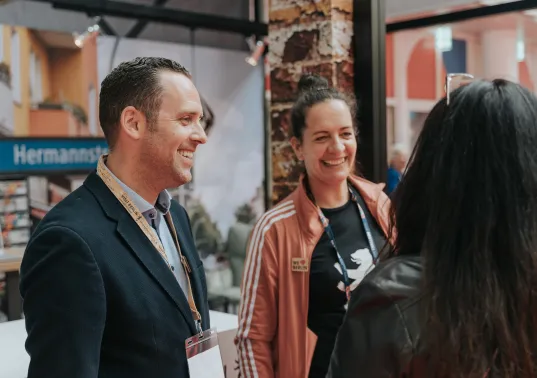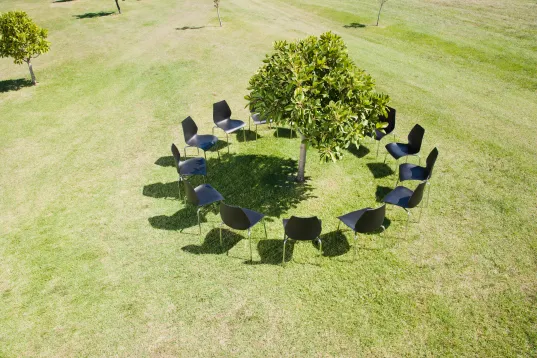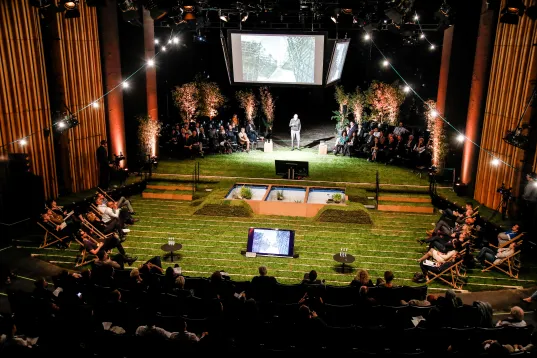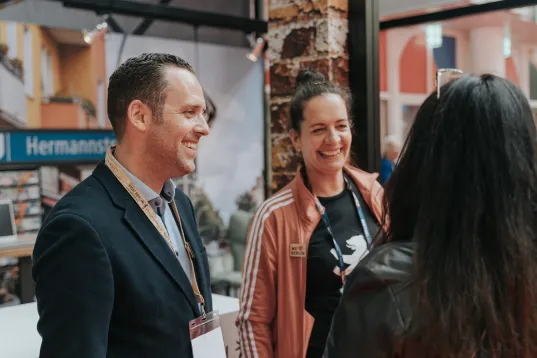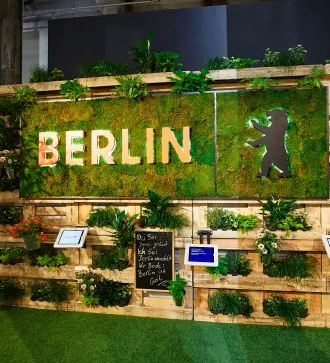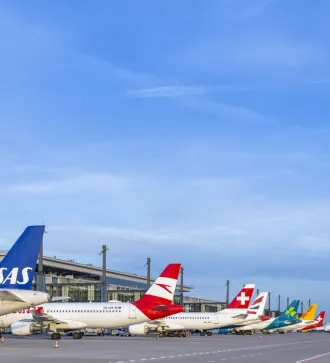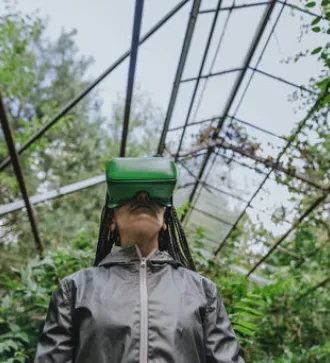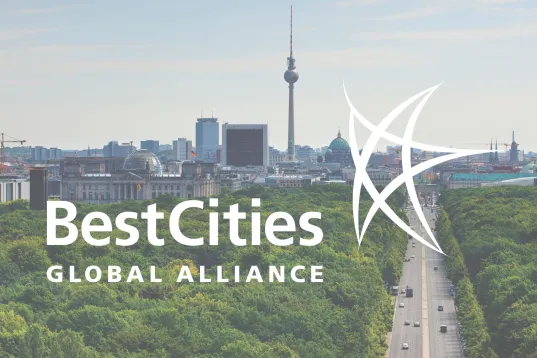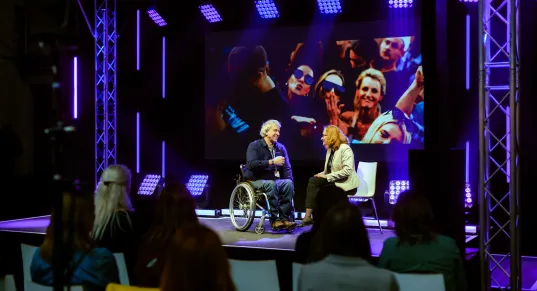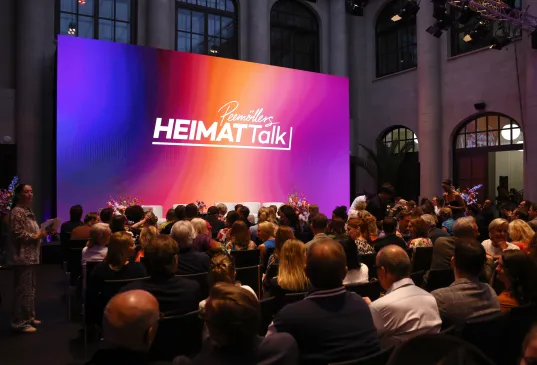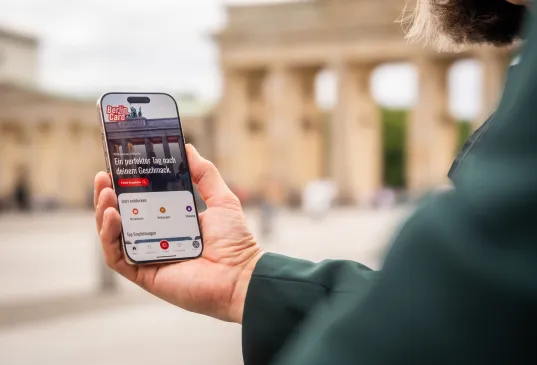Berlin: Open space for your event
In Berlin, the city of freedom, ideas come to life. International connections, creative energy, and unique locations make the metropolis the perfect stage for successful events. The Berlin Convention Office at visitBerlin provides you with free and independent support for your event planning—from the initial idea to the final applause. Our team will find the ideal venue for you and put you in touch with partners from the event industry – so you can concentrate fully on the success of your event.
Discover why Berlin is one of the world's leading meeting destinations – and the ideal location for your next event.
9 reasons to host your event in Berlin
Berlin blends history with innovation – creating the perfect setting for events with character. Outstanding infrastructure, a wide variety of conference venues and a vibrant creative scene make the city a hotspot for congresses and business events. Turn your event in Berlin into an experience to remember.
Berlin Convention Office: Your event in the best hands
Planning a congress, business meeting or hybrid specialist conference in Berlin? Our team is here to support you with personal, free and impartial advice. Meet your direct contacts here for successful event planning.
